COVID-19: The men missing from the command post
Ugandans have been used to men-led task force leadership in epidemics that they are wondering where they are now.
HEALTH VIRUS POLITICS
The leadership at the apex of the coronavirus fight is full of women. And they are doing an excellent job in response to the coronavirus crisis. But aren't these females lonely? Where are their male counterparts?
Carol Kasujja mentions the men who should join these women at President Yoweri Museveni's press conferences.
It is true, many men are doing their best behind the cameras in the fight against the coronavirus. And these efforts are laudable. But Ugandans have been so used to the men-led taskforce leaderships in epidemics that they are wondering why the top stage on which the top COVID-19 response leaders gather when Museveni is addressing the nation is dominated by women.
1. Edward Ssekandi (Vice President)
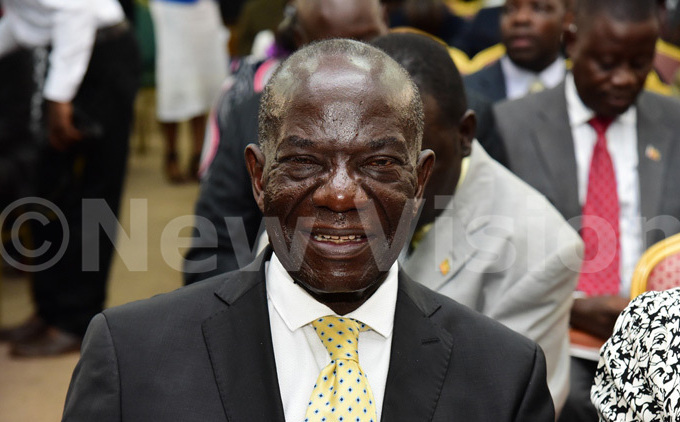
He is the second-highest government official. Wouldn't it be useful for the Vice-President to be nearby and even take over when the President is tired? Prime Minister Ruhakana Rugunda seems to be more active in the fight.
Since Uganda confirmed her first case of COVID-19 on March 22, the VP has not been seen anywhere, not even issuing a statement or flagging off the food distribution exercise. Sources who attend presidential briefings about coronavirus updates say Ssekandi is never involved. Ssekandi has been VP since May 24, 2011, when he replaced Gilbert Balibaseka Bukenya.
2. Hilary Onek (Minister of Relief and Disaster Preparedness)
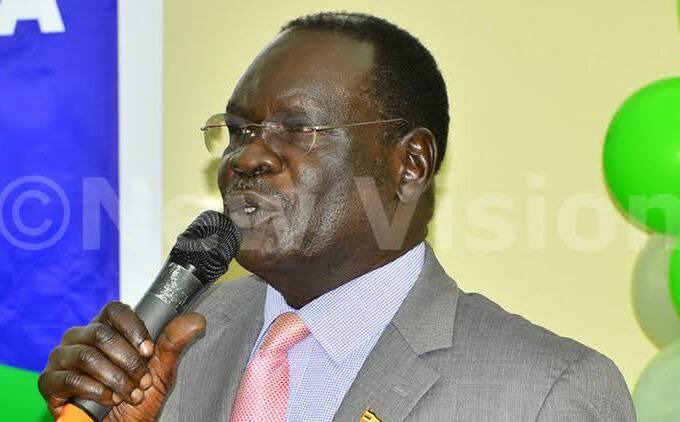
Onek was vocal during the landslide and refugee crises of the past. As Minister of Relief and Disaster Preparedness, this pandemic should be among his terms of reference. The engineer and politician has been in this ministry since May 2013.
However, on coronavirus, Uganda is not fully benefiting from his experience at handling disasters. Even when the distribution of food to vulnerable populations started, Onek did not step up the command centre. Musa Ecweru, his state minister, is more visible, albeit in the trenches, not command post.
3. Gen. Jeje Odongo (Minister for Internal Affairs)
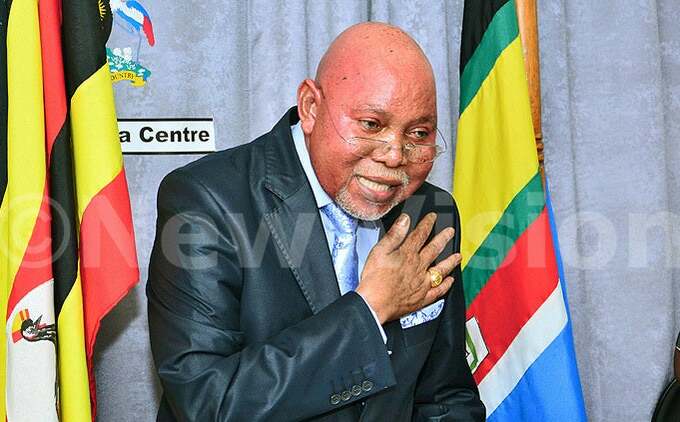
The pandemic guidelines are being implemented by the Police and Prisons, which fall under Odongo, who, therefore, should have been involved in the drafting of the guidelines.
Even when there is public outcry about Police brutality or some of the errant immigration officials who are said to be letting in people from countries barred by the guidelines, Odongo is not there to explain. He leaves it to his juniors, the Police bosses, to explain.
The general also watches President Museveni addressing the nation about this serious internal affair from the comfort of his home.
4. Kahinda Otafiire (Minister for East African Community Affairs)
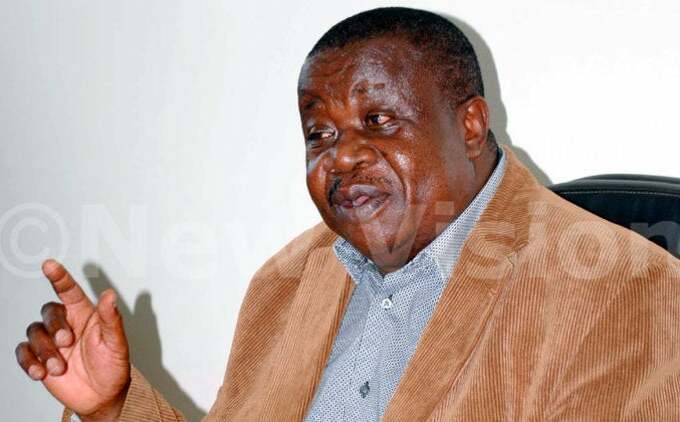
Coronavirus is an international matter and one that needs the united and synchronised efforts of the East African countries. Issues, such as cross-border migrations, government response and resource mobilisation, should have been handled in consultation and collaboration with our neighbours.
Now, each country is footing its own war and the essence of an East African Community is lost. If the community members are on their own at a time when their ideal of joint effort should be making sense, when will it ever be relevant? Maybe it is because the Minister for East African Community Affairs is not involved at the command centre.
The minister is not even available to propose top-level deals with neighbours that would make border administration easier. As a result, in spite of the presidential order to bar foreign nationals from entering without the testing and quarantine processes, information coming in shows that people are crossing borders at undesignated entry points. But the minister is not at the command centre to answer such questions.
5. Presidential advisers
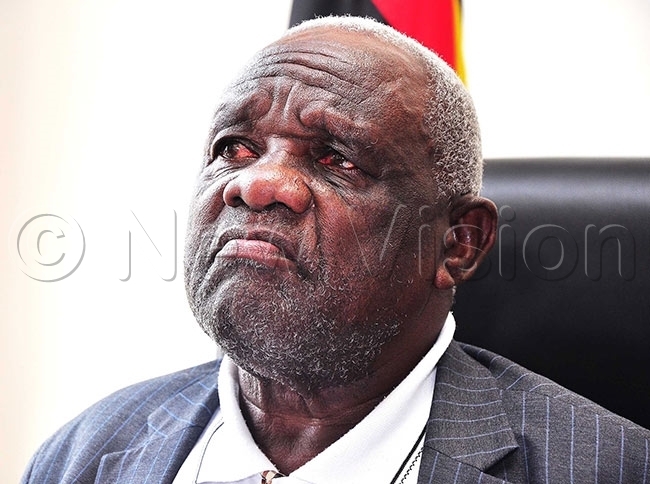
The president has over 50 advisers who should be vital during such a time. If he wanted to balance the gender of the command post, the president should have picked from his bulk of advisers at his disposal.
And Uganda should, perhaps, have been one of the most efficiently governed countries in Africa or in the region. With such a wide pool of advisers, the President should have been in a position to fix some of the basic challenges facing the COVID-19 fight and guidelines implementation. But it appears the advisers are not doing their work.
6. Martin Okoth Ochola (Inspector General of Police)
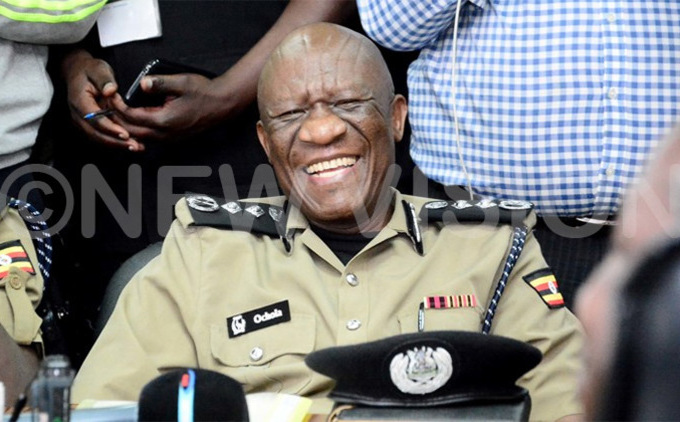
Addressing the country recently on the COVID-19 situation, President Museveni warned law enforcers, especially the Local Defence Unit personnel, against assaulting people. A joint security force, led by the Chief of Defence Forces, Gen. David Muhoozi and the Deputy Inspector General of Police, Maj. Gen. Sabiiti Muzeyi, swung into action at Elegu border point in Amuru district and arrested several security personnel who had allegedly tortured several women.
We have seen different security personnel, especially Sabiiti, at State House when the President is addressing the nation about COVID-19.
The President even tasks Sabiiti with handling specific roles on the law enforcers. But the real IGP is not making his mark at the command centre. If this were Gen. Kale Kayihura, Ugandans would be seeing him addressing the media every Monday and on the ground inspecting roadblocks and enforcing the curfew.
It is difficult to blame Ochola for anything an officer does because he is not being the face of Police, especially in this crisis.
7. Raphael Magyezi (Minister of Local Government)
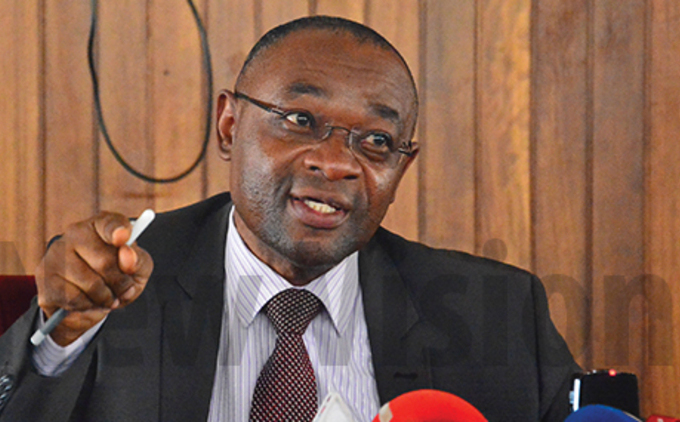
There was a time when Magyezi was so vocal that you would attribute the Constitution Amendment Bill of 2017 to him alone.
Today, the implementation of guidelines, the relief programmes, the innovations of government are all needed at all local governments and he is not at the command centre.
When the President is announcing one-size-fits-all guidelines, there is no local government minister to guide on how different areas in Uganda can adopt them to their unique circumstances.
COVID-19 is not a Kampala affair as the command centre seems to imply. Upcountry needs representation and the person with that mandate is usually also watching Museveni on TV, like the rest of the country.
8. Elioda Tumwesigye (Minister for Science, Technology and Innovation)
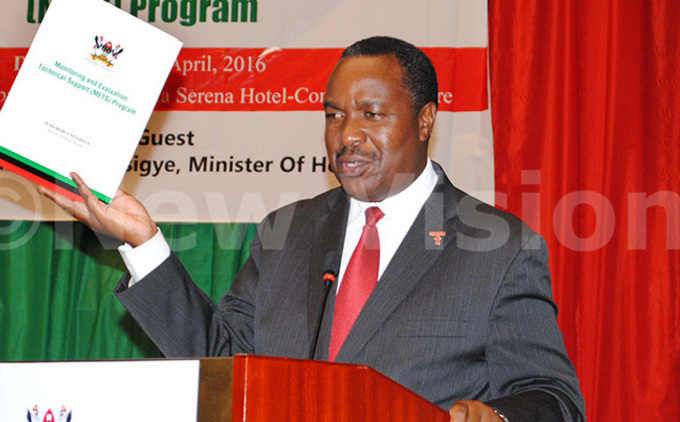
Another man who should be at the command post is Tumwesigye because the fight against COVID-19 requires technological innovations. To implement social distancing, Uganda needs technology to keep its human race interconnected so that they do not suffer isolation stress and break the rules.
Elsewhere, COVID-19 has resurrected investments in innovative technology, such as e-shopping, e-banking, e-schooling, e-health services, e-money and e-everything. The minister for science, technology and innovation should also be championing the local manufacture that should buttress Uganda in import substitution.
Instead, scientists at the department of pathology of Makerere University are stepping in to manufacture test kits and they say they are working on rapid testing kits for coronavirus by end of this month.
The minister should also be addressing the nation during the coronavirus briefings about the innovative ideas for personal protection, such as the electronic ways of carrying on with life. What will happen after COVID-19, when the rest of the world is ahead in innovation and technology as the only thing we learnt was food distribution?
9. David Bahati (State Minister for Finance and Economic Development)
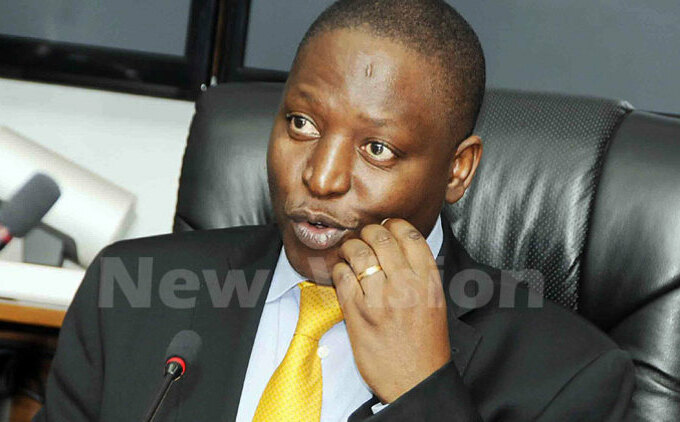
When it comes to finance, taxes, debt burden, Bahati comes out at the forefront, often overshadowing his minister, Matia Kasaija. Where is he now? Okay, he has addressed Parliament on how the Government is tackling coronavirus, met the private sector and was there in talks with banks over loans.
If he is this involved, why does he not show up at the command post to balance the gender equation? It is during that time that the country waits for guidance on the implementation of the measures to ensure the Government addresses the economic challenges arising from the pandemic.
There is no other time when Ugandans have felt more vulnerable to financial restrictions than presently. But the usually flamboyant minister is quiet, leaving it all to the president to explain. As a result, some of the questions that his ministry should have answered are left to the trade minister Amelia Kyambadde
10. Erias Lukwago (Kampala Lord Mayor)
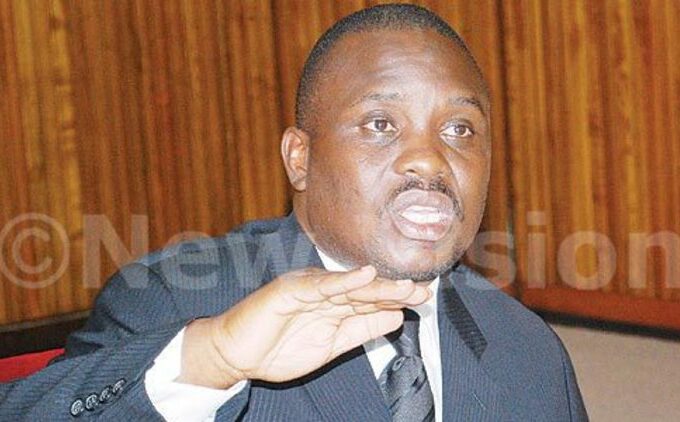
Kampala city is at the centre of the pandemic and there is a fear that when it breaks out, the eye of the storm will be hosted in Kampala. Already, the guidelines issued in the COVID-19 control are biting Kampala residents harder than elsewhere.
However, their elected leader, the Lord Mayor, is neither here nor there. He has not spoken since he asked bus park managers to implement preventive measures against coronavirus and warned that noncompliant parks would be shut down early last month.
Lukwago may be encumbered by political differences, but this is a unique time in history when politics has been cast aside. So, Lukwago must find a way of being involved in the COVID-19 fight at the top command because Kampala is his constituency.
Kampala minister Betty Amongi is supposed to be an overseer of government policy, not an implementer of services, such as the distribution of food that started in the city.